Build Azure functions and integrate them with Azure Cosmos DB data models
Key Features
Expert-led coverage on integrating Azure functions
Industry-proven examples and best practices on implementation of Azure Cosmos DB
Learn to work on performance optimization and error handling
Integration of Azure function with other Azure services
Description
This book provides examples to start with Azure functions and Azure Cosmos DB. It demonstrates the features available in both of the mentioned Azure services and discusses them in detail with some real-world examples. Reading a csv file and write to a Cosmos DB table store, Read emails using Microsoft Graph API and save them in a Cosmos DB, Cosmos DB trigger function to send SMS notifications to clients, A queue trigger to create new nodes in the Cosmos DB graph data store are some of them. You will be able to see the above case studies with code samples implemented in C# .NET Core, TypeScript, and Python. It consists of a very basic example, two intermediate samples, then and an advanced level one.
You will experience the triggers and input/output bindings available for a function, like queue trigger, blob trigger, and Cosmos DB trigger to name a few. Also, you will be able to see some interesting features available in Azure functions like performance optimizations, scalability of a function app, geographical distribution of the function in different locations, error handling, writing unit tests for the functions to avoid breaking changes, how to ensure a function app is secure, and then how to deploy a function, and monitor and troubleshoot a function app.
At the end of this book, you will gain strong experience in using Azure functions and how to manage serverless applications seamlessly without any failure with utmost performance.
What you will learn
You will be able to create an Azure function and integrate it with many Azure services including the Azure Cosmos DB
You will get experience implementing a function using programming languages like C# .NET Core, TypeScript, and Python.
You will get hands-on experience on the performance optimizing of a function, how to scale them, how to apply security to the function app, error handling and testing in a function.
Who this book is for
This book is for developers who want to get the knowledge and experience in Azure Functions and Azure Cosmos DB. If you have a programming knowledge of .NET, TypeScript, Python, or any other programming language, it will be enough to understand the concepts and samples in this book. If you have worked with a cloud technology or have experience in any of the Azure cloud services, then it will be a definite advantage..
Table of Contents
1. Beginning Azure Function Apps
2. Your First Azure Function App
3. Lets Get Started with Cosmos DB
4. Structure Your Data in Cosmos DB
5. Your First Cosmos DB
6. Serverless Design Patterns
7. Performance and Scalability of a Function App
8. Geo-Distribution in a Function App
9. Error Handling and Testing
10. Secure Your Function App
11. Deployments in a Function App
12. Monitor and Troubleshoot Function Apps
13. Azure Functions with Cosmos DB Table API
14. Azure Functions with Cosmos DB SQL API
15. Cosmos DB Trigger in Azure Function
16. Azure Functions with Cosmos DB Gremlin API
About the Author
Hansamali Gamage is an enthusiastic and dedicated professional with over eight years of experience in .NET stack, Azure, and front-end technologies. She has also been an MVP (Azure) for three consecutive years and is a Microsoft Certified Trainer. She is a frequent speaker at tech conferences and an award-winning writer on the Microsoft Tech Net forum.
Blog links: https://hansamaligamage.blogspot.com/
LinkedIn Profile: https://www.linkedin.com/in/hansamali-gamage-37777a50/
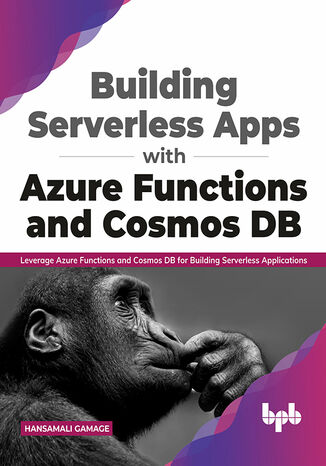






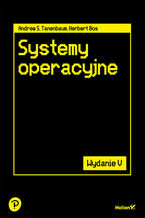
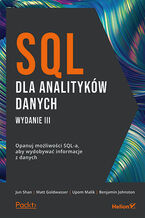
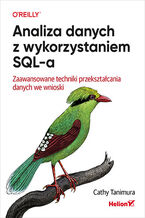
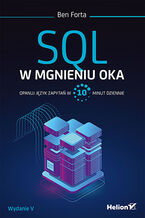

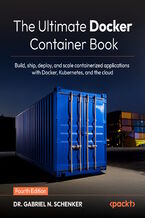












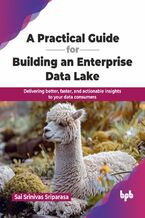
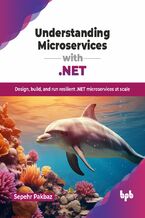



Oceny i opinie klientów: Building Serverless Apps with Azure Functions and Cosmos DB Hansamali Gamage
(0)